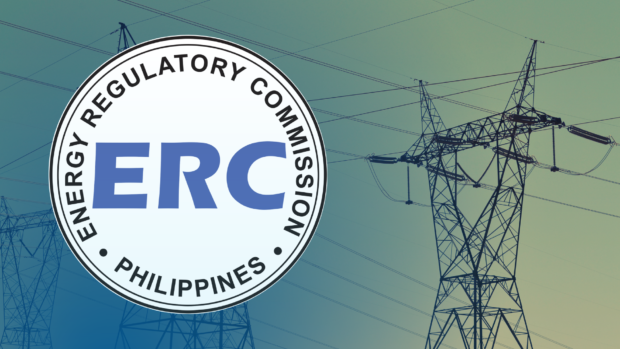MANILA -The enhanced website and digital portals of the Energy Regulatory Commission (ERC) could help shorten delayed regulatory processes that have long been plaguing the agency, as well as encourage more foreign investment in the Philippine energy sector, the Department of Energy (DOE) said on Friday.
With the launch of ERC LINKod, the regulator’s improved website, Energy Secretary Raphael Lotilla said the agency encouraged a “level playing field” among potential local and foreign investors.
“If the investors feel that it is not a level playing field, then they are not going to put their money at risk. It is only the risk takers among our domestic investors who will be putting up with the delays in our system. And so, we actually shut out or shut ourselves from prospective investors, especially from other countries,” Lotilla said during the ERC LINKod launch.
According to ERC chair Monalisa Dimalanta, ERC LINKod introduces five initial services now available online, including consumer complaint ticketing, online filing and application, billing revenue the consumer complaints ticketing, online uniform reportorial requirement and competitive retail electricity market monitoring and reporting systems.
Both Dimalanta and Lotilla pointed out that aside from streamlining the ERC’s processes, these portals could help shorten regulatory delays.
Investors’ issues
For the longest time, the private sector has been pointing to delays on the part of the ERC as the main reason why crucial energy projects are either canceled or postponed indefinitely.
In March, for instance, San Miguel Corp. said it had to withdraw two power supply deals with distributor Manila Electric Co. to provide at least 1,800 megawatts of supply because the ERC reportedly failed to issue final approvals within the agreed timeframe.
The ERC did not respond to queries as to how much would be cut from the usual waiting time that sometimes extended to a number of years.
Dimalanta also said earlier this year that there were about 3,000 cases still pending with the ERC, and they wanted to cut this total in half by the end of the year.
At the same time, Lotilla cited a 2022 study by the World Bank’s Energy Sector Management Assistance Program (Esmap) that found that the Philippines had a low global electricity regulatory index at 49 percent, far behind other Asian countries such as Cambodia (59 percent) and Sri Lanka (76 percent).
The electricity regulatory index measures the performance of energy sector regulators.
Esmap gave low scores for open access to information (25 percent) and quality of service (27 percent), thus affecting the Philippines’ overall score.
“These are the things that we can improve on, and you can be assured that in the case of the DOE, we will be fully supportive of your efforts,” Lotilla said.
Despite this, Dimalanta said the new systems would ensure more transparency and efficiency within the agency.
“As we confront our enormous challenges that remain and those that are yet to arise in the coming years, we hope to add more programs to ERC LINKod as we continue to pursue the energy sector’s journey toward more efficient, transparent and accessible services,” she said.
Read Next
Subscribe to INQUIRER PLUS to get access to The Philippine Daily Inquirer & other 70+ titles, share up to 5 gadgets, listen to the news, download as early as 4am & share articles on social media. Call 896 6000.
For feedback, complaints, or inquiries, contact us.
For all the latest Business News Click Here
For the latest news and updates, follow us on Google News.

